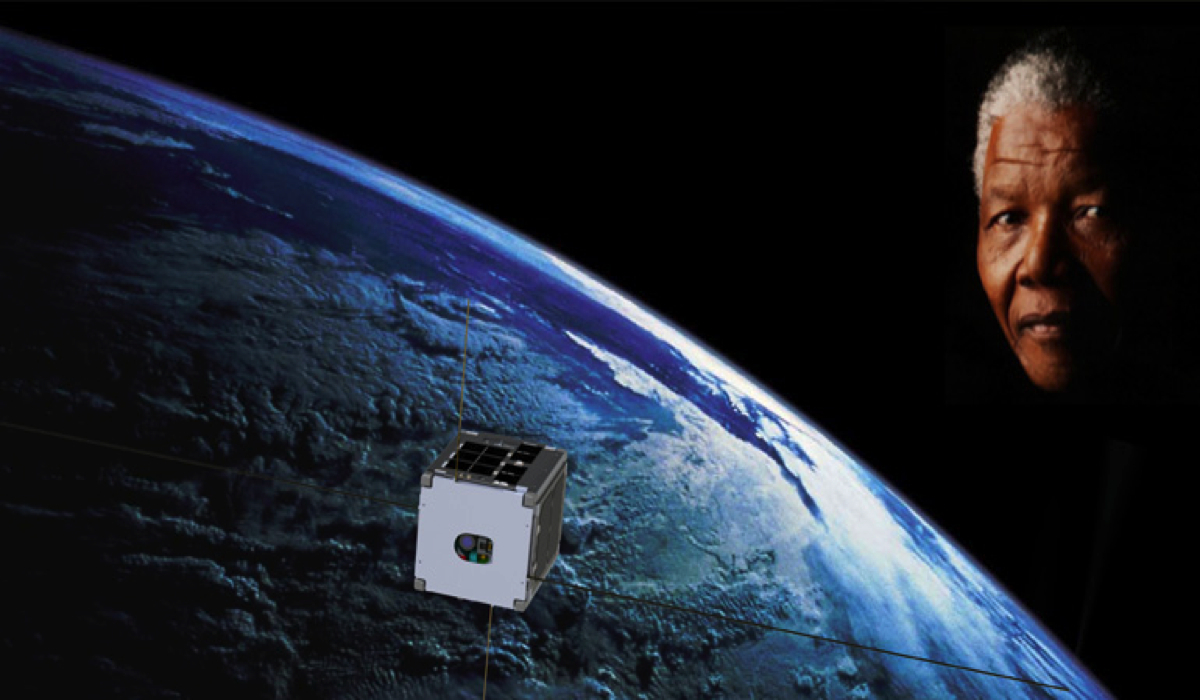La sfida africana allo spazio parte da una palazzina di Cape Town. Nella capitale sudafricana ha sede l’FSD, la fondazione no-profit diretta da Jonathan Weltman che ha come obiettivo quello di creare una sonda esclusivamente africana che entro dieci anni vada sulla Luna. Le ragioni della sfida sono molteplici: in primis rendere l’Africa un paese concorrente nella ricerca scientifica, un campo dominato dalle grandi potenze mondiali e dai grandi investitori, in secondo luogo convincere le eccellenze africane a restare nella propria terra per contribuire al suo sviluppo e per collocare l’Africa, dopo anni di sfruttamento post coloniale, tra le fila di coloro che intendono riscuotere i dividendi, a lungo negati, della globalizzazione. Il progetto dell’FSD è complesso, la fase di definizione delle specifiche tecniche e degli obiettivi scientifici si concluderà entro il 2015 ma lo step decisivo, quello relativo ai finanziamenti, procede a rilento: si punta ad ottenere 150.000 dollari tramite il crowdfunding per finanziare la fase iniziale, ossia il reclutamento di studenti negli atenei continentali, ma i dati di novembre parlano di soli 15.000 dollari raccolti. “In Africa, ci sono possibilità per la costruzione della sonda. Alcuni satelliti e veicoli spaziali sono già stati costruiti nel continente ”sono le dichiarazioni di Weltman riprese dal The Latin American Herald Tribune, anche se, prosegue il direttore, “manca ancora la capacità di costruire il razzo e l’infrastruttura da cui farlo partire”. Nonostante queste difficoltà il direttore è sicuro che entro 10 anni la sonda partirà, anche grazie al coinvolgimento di altri stati africani come la Nigeria, l’Egitto e la Tunisia.
Weltman vuole che gli africani inizino ad essere cittadini del Mondo, passeggeri di prima classe che si muovono con disinvoltura sul treno del progresso. L’Africa non vuole vivere nella perenne impotenza di non poter essere la protagonista del proprio futuro, non intende più essere spettatrice passiva di fronte agli abusi delle multinazionali e dei rapaci Stati occidentali (e orientali). Il messaggio di Weltman vuol essere questo: un continente che cerca la Luna per trovare se stesso, in un viaggio sulla navicella del progresso scientifico che torni sulla Terra carica di speranza, di studenti africani pieni di appunti e magari pieni di scoperte sconosciute a statunitensi e russi.
The African challenge to the space starts from a building in Cape Town. In the South African capital there is the FSD headquarter, the non-profit foundation run by Jonathan Weltman which aims to create in ten years an exclusively African probe to go to the moon. The reasons for the challenge are manifold: first making Africa a competitor country in scientific research, a field dominated by the major world powers and large investors, secondly convincing the African excellences to remain in their own land to contribute to its development and to place Africa, after years of post-colonial exploitation, among the ranks of those who intend to obtain the long denied dividends of globalization. The FSD project is complex. The phase of definition the technical specifications and the scientific objectives will be completed by 2015 but the decisive step, the one related to finance, proceeds quite slowly. It aims to achieve $ 150,000 through crowdfunding to finance the initial phase, ie the recruitment of students in continental universities, but November figures speak of only $ 15,000 collected. “In Africa there are possibilities for the construction of the probe. Some satellites and spacecraft have already been built in the continent”, these are Weltman’s statements recorded by The Latin American Herald Tribune, though, continues the director, “still lacks the ability to build the rocket and the infrastructure from which launch it”. Despite these difficulties, the director is sure that within 10 years the probe will leave, thanks to the involvement of other African countries such as Nigeria, Egypt and Tunisia.
Weltman wants that Africans begin to be citizens of the world; first class passengers moving freely on the train of progress. Africa doesn’t want to live in perpetual helplessness of not being able to be the protagonist of its own future; Africa no longer wishes to be a passive spectator in front of the abuses of multinationals and rapacious western (and eastern too) states. Weltman’s message wants to be this: a continent that seeks the Moon to find himself, on a journey on the ship of scientific progress to come back to Earth full of hope, full of notes of African students and maybe full of discoveries unknown to Russia and the US.
Traduzione a cura di Daniela De Angelis

